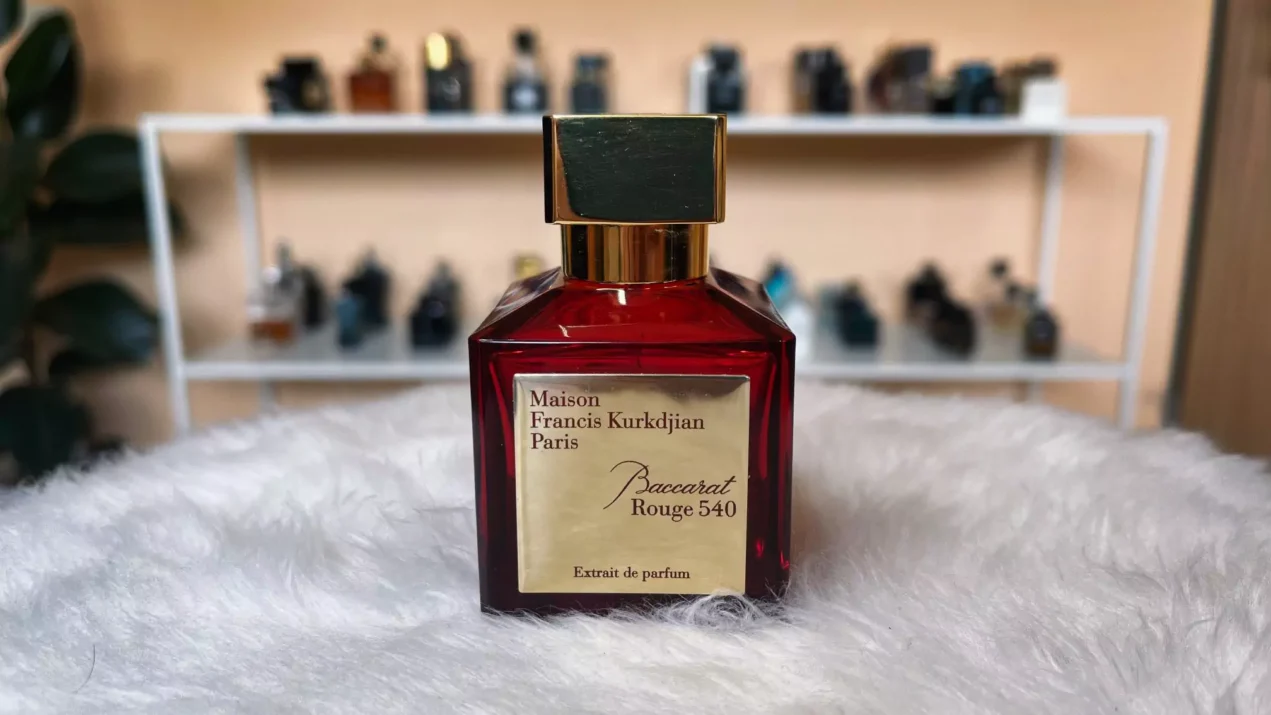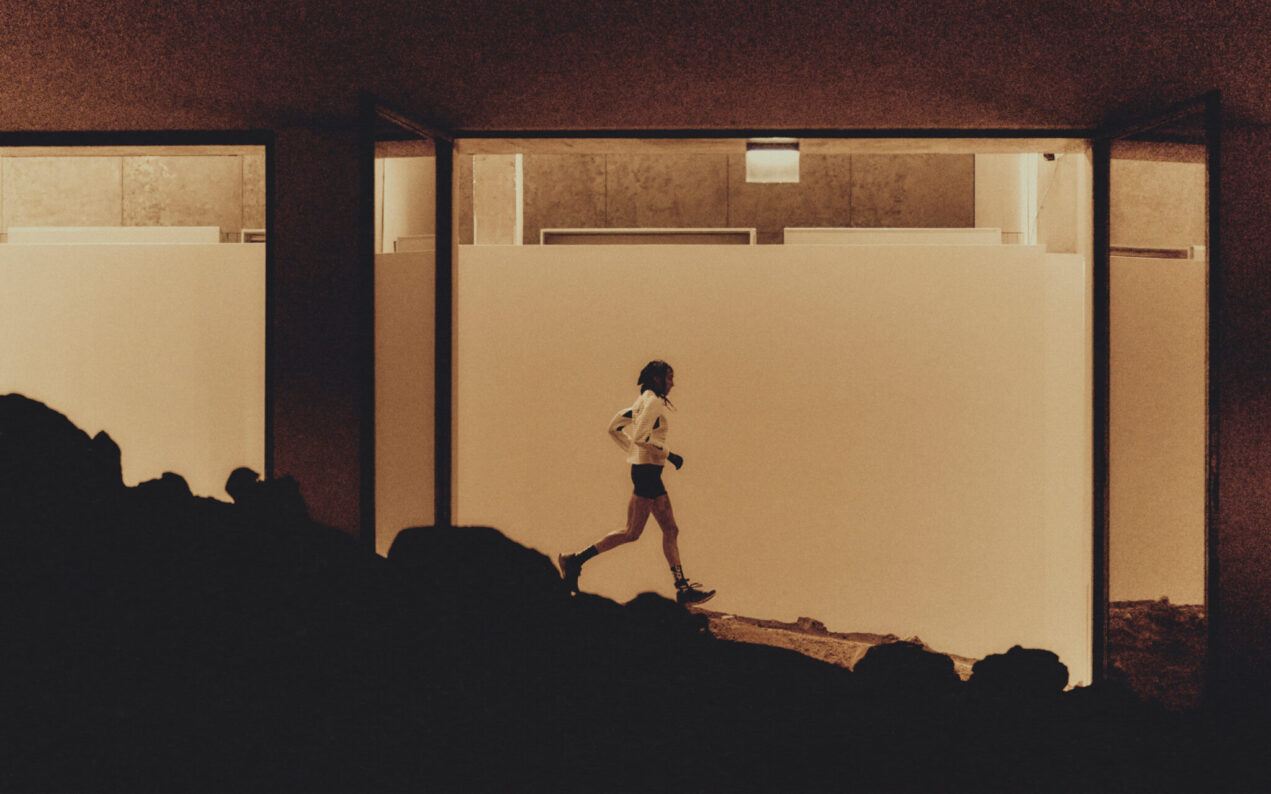“People with disabilities are not different; they just do things differently. They just need a chance and an opportunity.” This powerful statement encapsulates the inspiring story of Joseph Tebandeke Mberekedde, a remarkable dancer and choreographer who has used his art to redefine perceptions of disability. Growing up in the small village of Busega, Joseph’s path to dance was not a straightforward one. Initially an athlete who competed at the national and international levels, Joseph found his true calling in dance after attending a life-changing workshop. Today, he is dedicated to using dance as a medium to address social challenges related to disability, creating a new dictionary of ability through movement and striving to decolonise dance. In this interview, Joseph shares his inspirational story, his vision for a more inclusive future in the arts, and his message for aspiring dancers.
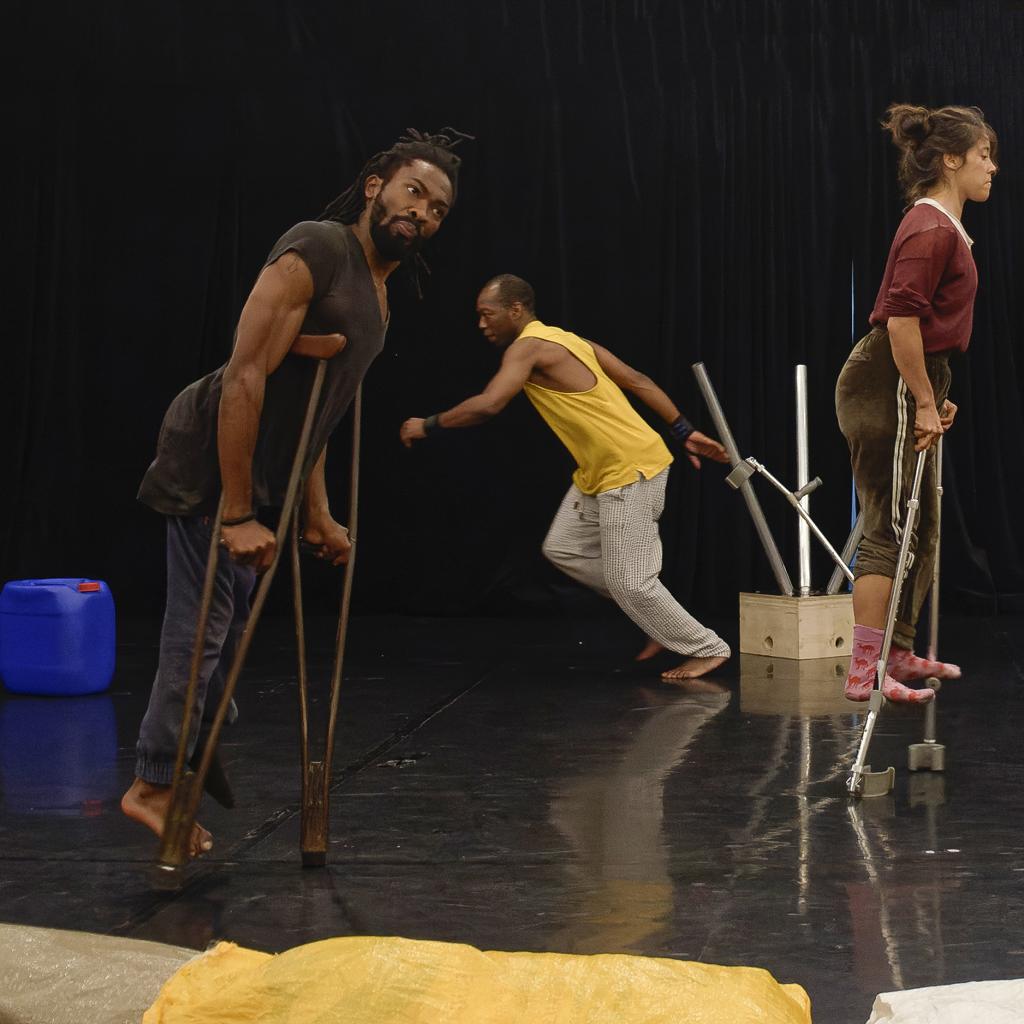
FAB: What inspired your journey into dance and choreography? How did it all start?
Joseph Tebandeke: I did not start with dance. I was never a dancer. (Pause) I grew up in a very small village called Busega. I always knew there was something I could do to change the perspective on disability, so I began as an athlete. I competed at the national level, which was so challenging, but I started winning gold medals and eventually competed internationally.
You know when you’re doing something and it is going well, but you don’t feel like it is your thing? That’s how I felt. I was on billboards, but I wasn’t feeling it. When you are famous, you get different invitations to all sorts of places. I was invited to a dance workshop that changed my life. In this workshop, I got very interested in what they were teaching, and I started digging more. I wanted to learn more, so I began researching and attending dance classes and festivals in Uganda that focused on contemporary dance and choreography. The more I learned, the more connected I felt to dance. I received many recommendations, which led to opportunities, including courses in Germany. As I delved deeper into dance, I realised the immense potential for expressing messages through body movement without speaking. That’s how I ended up in dance.
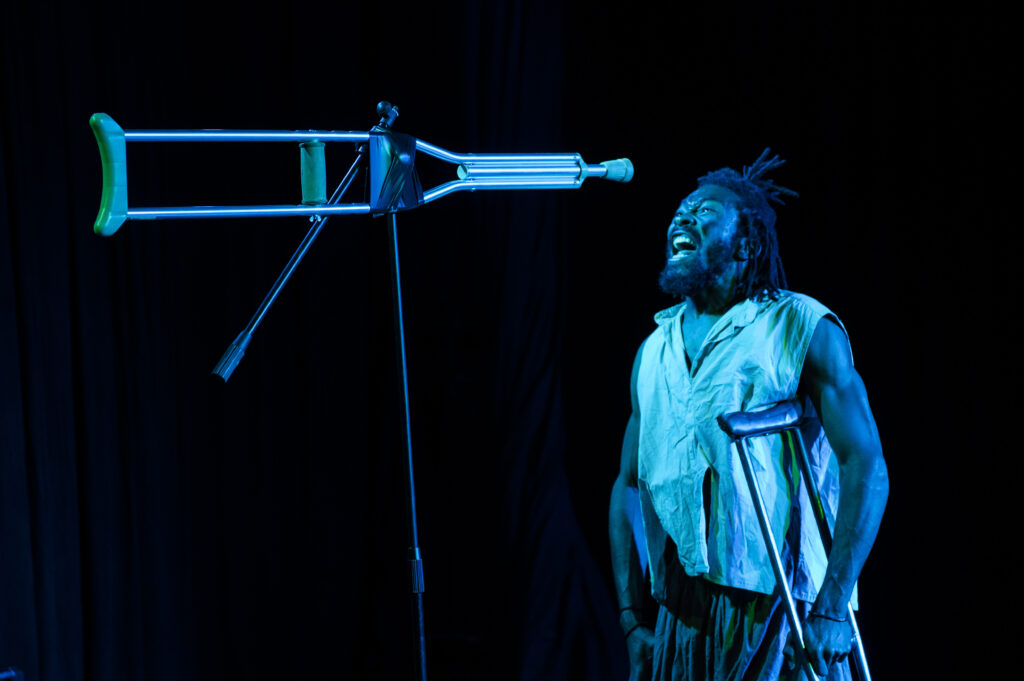
People with disabilities are not different; they just do things differently. They just need a chance and an opportunity.
Joseph Tebandeke Mberekedde
Joseph Tebandeke: Let me take it back a little. When I was doing athletics, I often felt very lonely. People did not understand my disability. They thought it was contagious and didn’t want to come close. I always knew that there were people living with disabilities who would just love to sit down and talk to someone. During my athletic days, I created a group where, every Saturday of the month, I invited people from different places to come and share. I included both people with and without disabilities. In my mind, I believed that by bringing together people without disabilities to listen to those with disabilities, they could gain a new perspective and understand the need for love and acceptance. When you hear someone’s problem, you see it from a different perspective.
During one of these sharing sessions, a little girl asked me a question that changed my life. She said she loved what I did but felt she couldn’t do it because her body was weak. She wanted to be important, like me. At that time, I didn’t have any answers for her. This was the same period when I was invited to the dance workshop. The instructor explained contemporary dance as a form of self-expression through body movement. At that moment, I knew I had found the answer to the girl’s question: she could use her body to express herself. To provide a meaningful answer to her, I needed to understand dance deeply. That’s what led me from athletics to dance, and it became my way to help others find their own forms of expression.
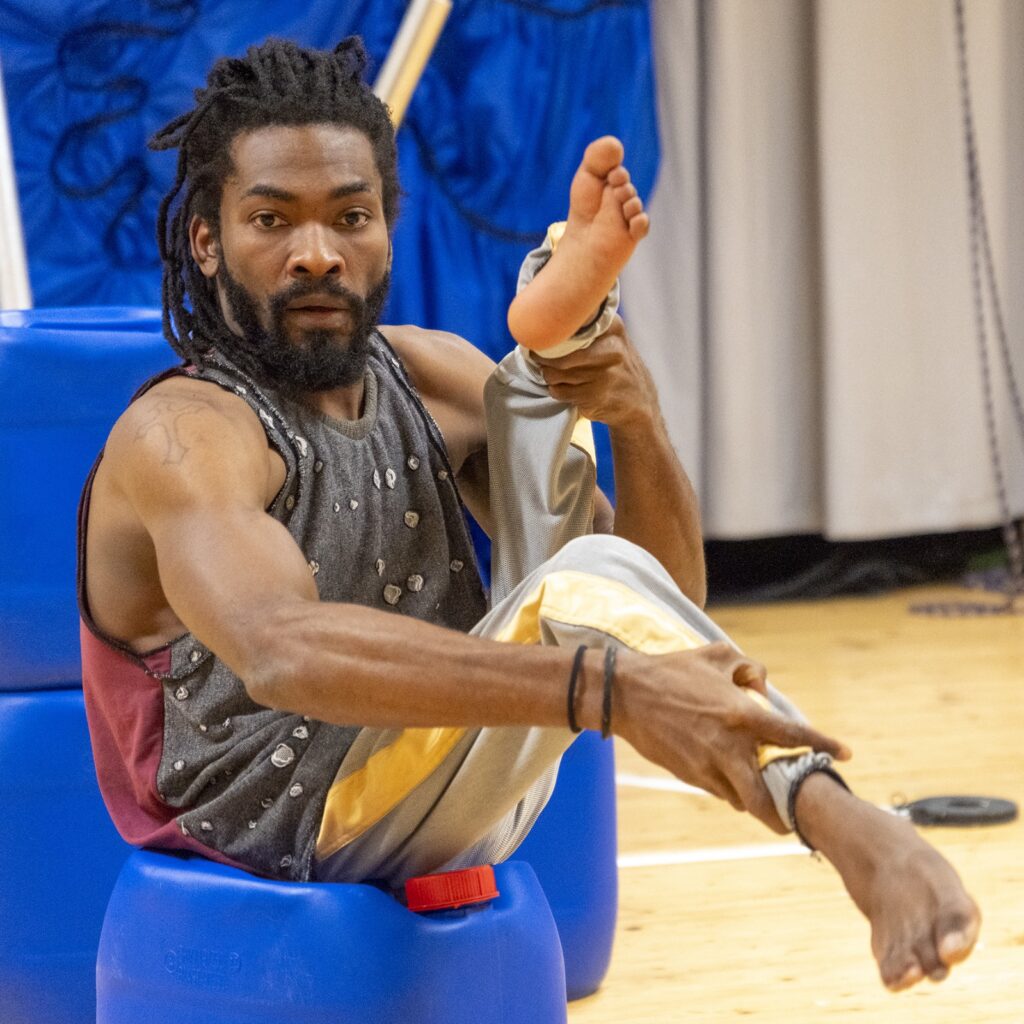
FAB: You mentioned creating your own dictionary of ability through dance. What does this dictionary entail, and how does it challenge dominant ideas around ability?
Joseph Tebandeke: After gathering extensive information about movement (I don’t like to call it dance anymore), working with different cultures in Europe and African countries, and gaining substantial experience, I realised that many artists tend to replicate what they have seen. For instance, dance schools in both Europe and Africa often mirror European culture. While this is good, it has led many to aspire to be ballet dancers without understanding its origin. This has left many people behind because they are emulating a culture they don’t fully understand.
Through my research and studies, I realised the importance of understanding oneself and one’s body. As humans, we inherit a lot from our ancestors. Thousands of years ago, our ancestors communicated through music and dance, creating harvest dances and lyrical expressions. They communicated with their kings and gods through movement. This historical inheritance shows that the body already has a universal language. For example, facial expressions can communicate without words. I made it my mission to find my own language, to discover what I can do with my body, and to express myself uniquely. This approach has been effective for me.
Every time I perform, I stay back to interact with my audience. I am always amazed by their responses. Without any explanation, they often interpret my themes and messages accurately. I find this deeply fascinating. I strive to use my body as my language, avoiding copying what already exists and instead expressing what is within me in a way that is both meaningful and entertaining.
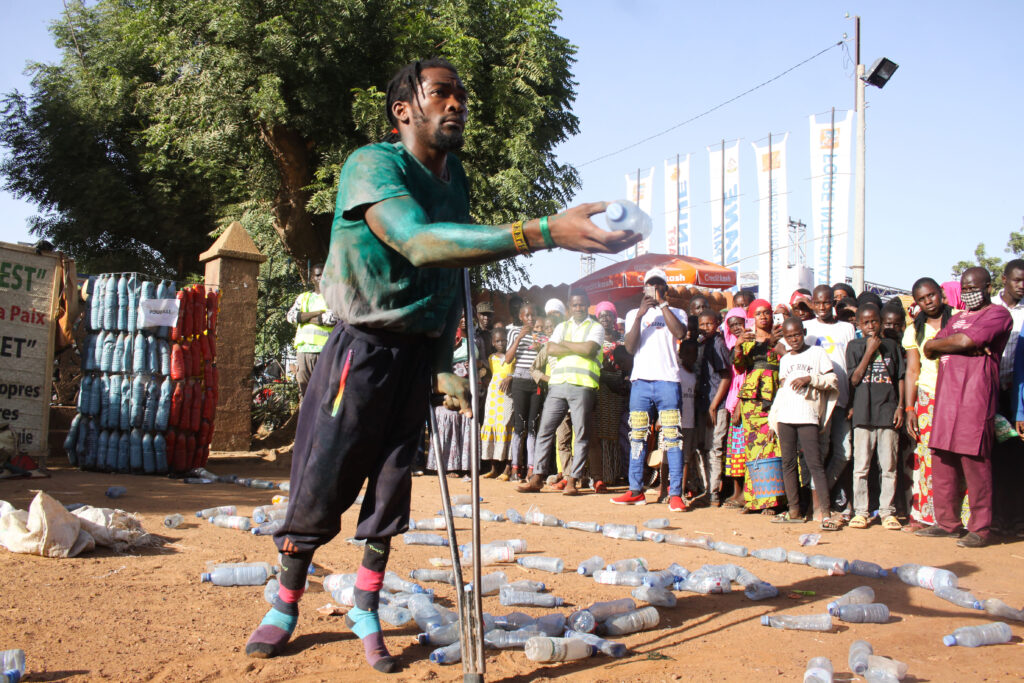
FAB: Another concept you’ve also mentioned is decolonizing dance. What does it mean to you to decolonise dance, and how do you integrate this concept into your work to ensure that dance is accessible and inclusive to all, especially those with disabilities?
Joseph Tebandeke: Throughout my experiences with various dance companies, I have noticed that there are predefined notions of what dance should be and what makes a good dancer. If you ask any young person what dance means to them, ballet will likely be among their first responses. This predefined notion limits the scope of what dance can be. In Uganda, we have 56 tribes, each with its own traditions and modes of entertainment, carrying rich, inherited histories.
To decolonise dance, we need to redefine what dance means to us. It goes beyond entertainment; it can be a form of body therapy. We must challenge the established norms and ask ourselves what dance truly represents. While I can share my definition of dance, each individual must discover what dance means to them personally. This personalised understanding is crucial.
FAB: So far, are there noticeable societal changes that you’ve seen occur as a result of your work?
Joseph Tebandeke: I’m from Uganda. There are communities of people with disabilities that have started businesses, inspired by my work. They frequently write to me, inviting me to visit their businesses when I am in Uganda. These letters keep me motivated. There have been numerous outcomes from my work. For instance, a significant project from South Africa emerged because of my creation. In Austria, we are currently working on a production with the newly crowned King and Queen, which has been touring Vienna. These projects indicate the tangible impact of my work.
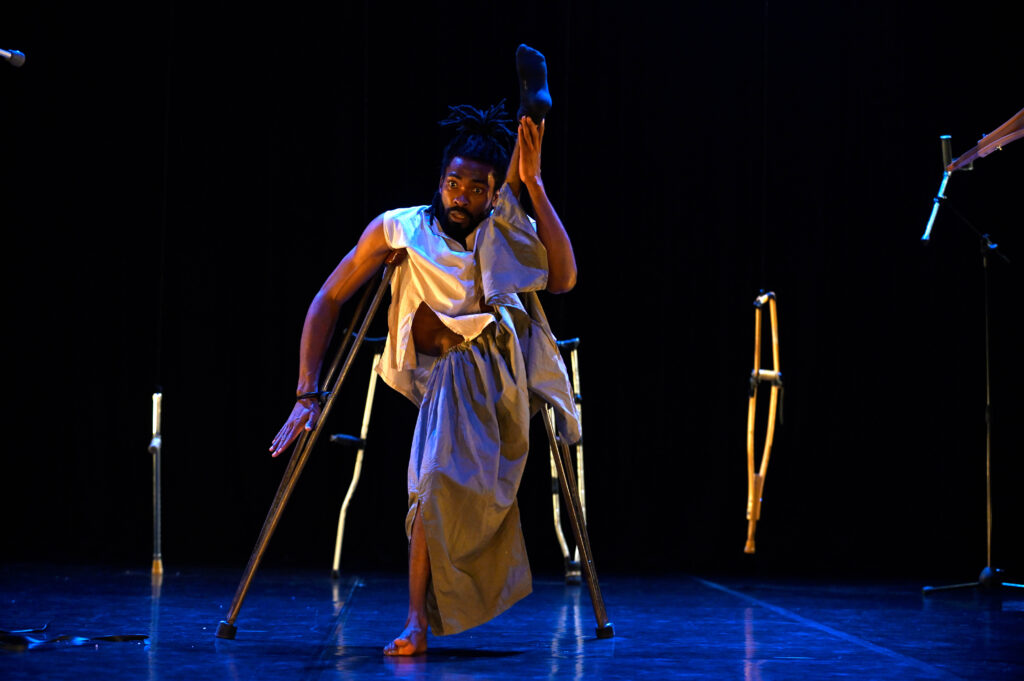
FAB: What are the biggest challenges you have faced as a disabled dancer and choreographer in the contemporary dance world that make you ask yourself if you want to continue?
Joseph Tebandeke: That question comes up every single day. There are days when you feel like you don’t even want to get up anymore. There are days when things don’t work or turn out the way you want them to. You wonder what you’re doing with your life and if you chose right. Every time I realise that I have people behind me and that if I fall, I fall with them, it breaks me.
I think the biggest challenge is not having resources. This limits a lot of things. There are lots of people who are talented like me in Africa and Uganda but are limited by a lack of resources and infrastructure. They don’t have schools or access to information. It’s a very huge challenge. We talk about this a lot, and in Europe, it has created a structure of subsidies. If I have an idea that I think would be useful to the community, we will find a way to finance it. It is a challenge because I would love for my creations to be shown at home. This is where we have a huge problem. People with disabilities are not different; they just do things differently. They need just new time and opportunity. They have been through a lot, and they have lost esteem. You have to constantly push them and put money and all the fuel
Don’t let anyone, not even your parents, define who you are. It is better to know who you are from within yourself.
Joseph Tebandeke Mberekedde
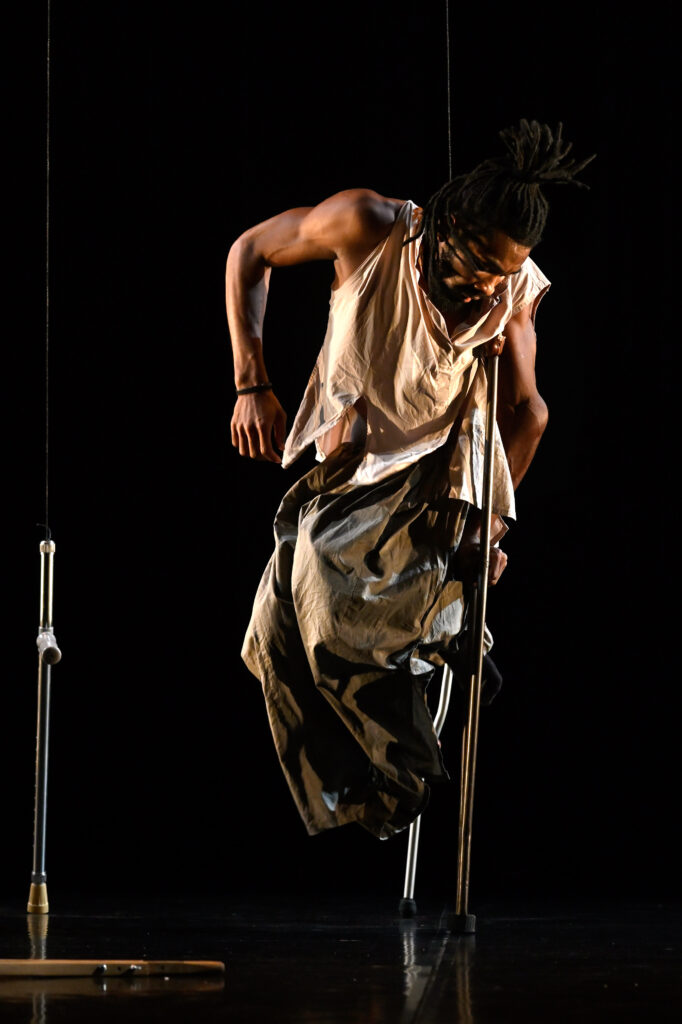
FAB: How do you envision the future of dance as a more inclusive and accessible art form?
Joseph Tebandeke: Dance is evolving rapidly, and the art world is seeing significant changes. In Europe, there have been positive steps towards inclusivity, such as requiring festivals to have categories for people with disabilities to receive funding. This is a move in the right direction, as it promotes the creation of opportunities for disabled artists. However, it often lacks genuine commitment. Some festivals include disabled artists merely to secure funding, rather than out of a true desire to be inclusive.
While there are efforts to invite people with disabilities to participate, these invitations are sometimes driven by a desire for sympathy points rather than recognising disabled artists as competitors. The landscape is shifting, but not always in the right way. In Europe, there is progress, but Africa still faces significant challenges. We need to increase awareness and provide more opportunities. It starts with each of us giving people with disabilities a chance to showcase their talents. When given the opportunity, they can contribute immensely to the community.
Joseph Tebandeke: Don’t let anyone, not even your parents, define who you are. It is better to know who you are from within yourself. I want them to have that feeling. The second thing is never to use the sympathy vote. Strive to excel in everything you do. I’ve always reminded myself that while things are challenging for everyone, they can be especially tough for us. If the average person needs to work hard, we need to work even harder—eight to ten times harder. Stay up to date on the latest in fashion, arts, beauty, and lifestyle by following FAB L’Style Magazine.
Do not pursue anything for sympathy or applause; pursue it because you are passionate and dedicated. Society often feels sympathy for disabled individuals, but do not let that limit you. By rejecting sympathy and focusing on your abilities, you will discover your true potential. abilities. Whenever I start a new production, I make it clear that I do not want anyone to feel sorry for me. Let me jump my way. Don’t find a shortcut for me; let me also do it. If you have to do something, do it to the best of your ability and aim to excel.
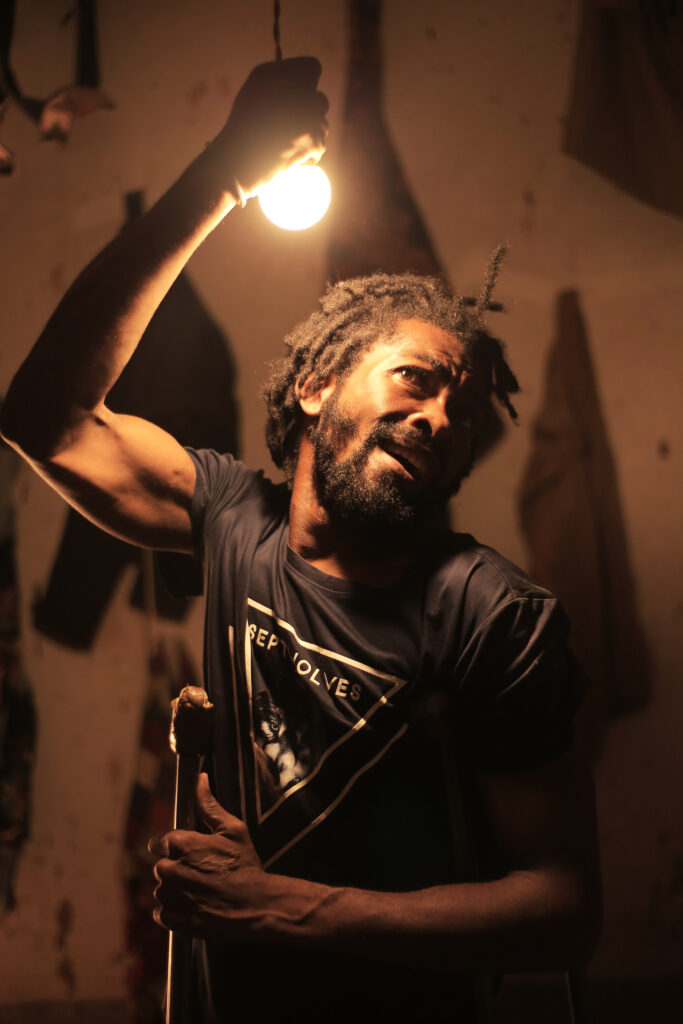
Fashion, Beauty, and Fitness with Joseph Tebandeke Mberekedde
FAB: Do you have a go-to fragrance or perfume?
Joseph Tebandeke: Black Devil (It’s a light, delicate level with a minimal concentration of aromatic compounds.)
FAB: What is your go-to outfit for a casual day out?
Joseph Tebandeke: I love to keep it simple because of my crutches. I want something that’s not too tight on the body because of movement.
Joseph Tebandeke: I like to put on music and just do what the body wants. When the music is playing, I just listen to the body. You can do it for minutes or hours. I just have to let out what’s in my body. I do what the body wants: vibrating, rolling my eyes, breathing practice, etc.
Fun Zone: #FABFastFive
FAB: What song or movie reminds you of high school?
Joseph Tebandeke: It is an Ugandan song called (Obudda by radio and weasel).
FAB: If you could only wear one colour for the rest of your life, what would it be?
Joseph Tebandeke: Black
FAB: What do you enjoy doing in your free time?
Joseph Tebandeke: I enjoy being alone in trees.
FAB: If money were no object, how would you spend your time?
Joseph Tebandeke: Travelling
FAB: If you could snap your fingers to make the world a better place, what would you do?
Joseph Tebandeke: I would make people understand that people with disabilities have feelings; they also fall in love.
More Like This:
How to Do a Healthy Body Detox Challenge
AUTISM – Not A Disability But A Different ABILITY
Nineteen Years of Dance and Dreams for the Bronx Sistas: What Next?

